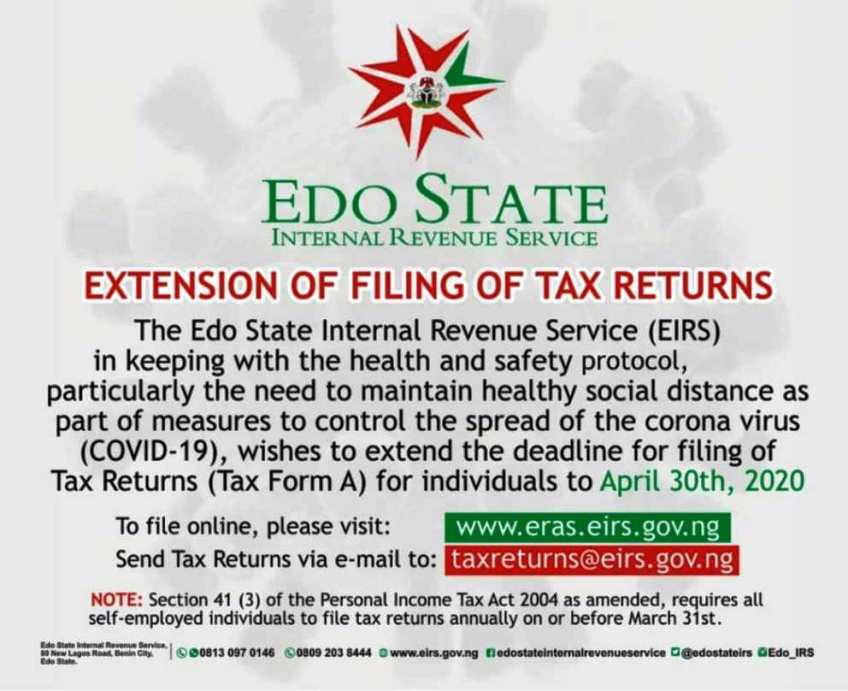Efforts are ongoing by the Independent Corrupt Practices and Other Related Offences Commission (ICPC) to track local and foreign companies involved in tax evasion and false documentation.
Others include consortium of companies that “submitted doctored audited reports” to acquire public assets and engaged in asset stripping after taking over the privatized facilities from Federal Government.
In addition, the Commission is also extending its anti-corruption operations to the Nigerian ports and airports across the country, with the view to track operators and officials of various regulatory agencies involved in corrupt activities.
Ekpo Nta, ICPC chairman who gave the information during the 2015/2016 budget defense before the House Committee on Financial Crimes, disclosed that the Commission had recovered over N10 billion from various anti-graft interventions.
The ICPC chief, who stressed the need for adequate annual budgetary provision for the Commission to effectively discharge its statutory functions, bemoaned the zero allocation for foreign trainings and engagement in the 2015 fiscal year, stressing that such international obligations provided opportunities for the Commission and other related agencies to exchange ideas of anti-corruption crusade.
To effectively discharge its mandate, Nta assured that the Corporation would use UN anti-corruption guidelines, and disclosed that the Commission, which was granted the status of Nigerian Police by the ICPC Act, had trained its personnel in arms at the 177 Battalion, but that efforts made to procure arms through the office of the National Security Adviser (NSA) were unsuccessful.
He explained that the collaboration between ICPC and Bankers Committee led to the introduction of the recoveries through the IPPIS, GIFMIS and BVN platforms, adding that the deployment of electronic platforms to monitor public sector financial disbursements and more systems review of MDAs will go a long way to reduce corruption-prone processes.
He also emphasised the need for the Commission to get funding for forensic laboratory, stressing that the Commission currently depend on other security agencies like Nigerian Police and Economic and Financial Crimes Commission (EFCC) for the facility.
Nta explained that some of the 942 petitions, which had nothing to do with his office were refereed to relevant agencies, including Public Complaint Commission, EFCC, Nigeria Security and Civil Defence Corps (NSCDC), among others, adding that investigations had been concluded on 384 of the petitions, 59 charged to court and had secured convictions on five.
In his remarks, Hazeez Akinloye, chairman, House Committee on Financial Crimes, promised to do their utmost to strengthen the Commission by making a case for increased funding for its operations and amendment of its enabling law, where there were legal impediments to its effectiveness.


